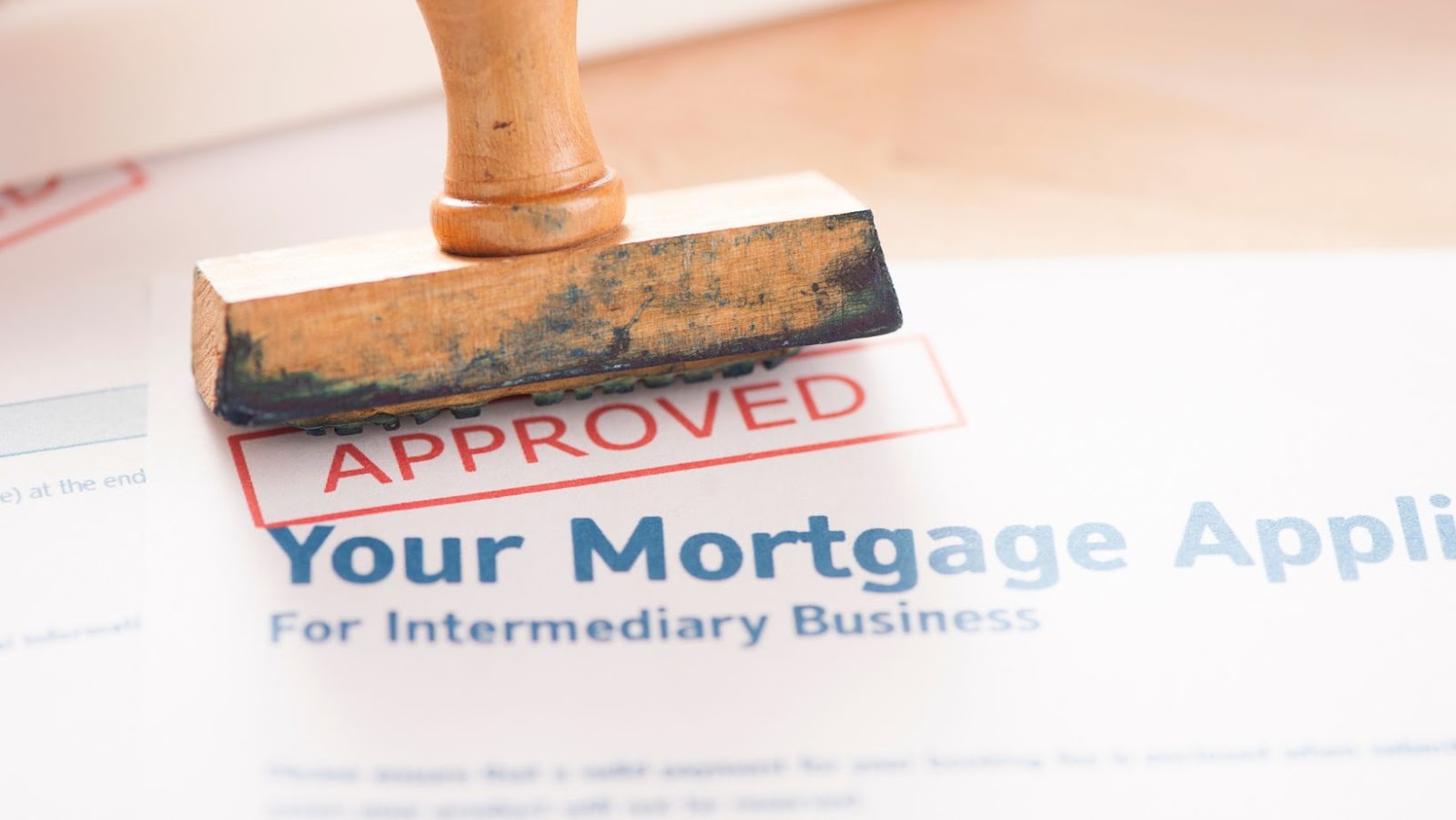Introduction
When you’re ready to buy a home, one of the first things you’ll need to do is secure a mortgage loan. But what does that involve? In this article, we’ll give you an overview of the process of securing a mortgage loan, from start to finish. First, you’ll need to choose a lender. There are many different lenders out there, including banks, credit unions, and online lenders. Each one has its own set of criteria for approving loans, so it’s important to shop around and compare rates and terms before deciding on a lender. Once you’ve chosen a lender, you’ll need to apply for a loan. This process involves submitting various financial documents, such as your tax returns and pay stubs, as well as undergoing a credit check. If you’re approved for the loan, the next step is negotiating the terms of the loan, including the interest rate, length of the loan, and any other fees or charges. Once the terms of the loan have been agreed upon, it’s time to close on the loan. This process involves assigning various legal documents and paying any necessary fees or closing costs. Once everything is finalized, you’ll officially be a homeowner!
What is a Mortgage Loan?
A mortgage loan is a loan secured by real estate, typically a residential property. When looking for a mortgage, you’ll want to compare the different types of mortgage loans (like FHA, VA and USDA loans), application requirements, mortgage rates and closing costs.

What do Borrowers Use to Secure a Mortgage Loan
In order to secure a mortgage loan, borrowers use a variety of methods. The most common method is by using a down payment. This is a lump sum of money that is paid upfront and is typically 20% of the total loan amount. Borrowers can also use equity in their home, which is the difference between the appraised value of the home and the balance of the mortgage loan. Another option is to use a guarantor, which is a person who agrees to pay the loan if the borrower is unable to.
Borrower’s Credit History
Lenders will pull a borrower’s credit history from the three major credit reporting agencies (Experian, TransUnion, and Equifax) as part of the loan approval process. Borrowers with good credit scores (FICO scores of 740 or higher) will typically qualify for lower interest rates on their loans than those with lower credit scores. Lenders will also look at other factors, such as job stability, income level, and debt-to-income ratio, in addition to credit score when making their determination.
Borrower’s Income And Employment History
Your income and employment history play a large role in securing a mortgage loan. Your lender will want to see that you have a consistent work history and income. They will also want to verify your employment by contacting your employer. To do this, they may request your W-2 forms or pay stubs.

The Value of The Property
The value of the property is one of the most important factors in securing a mortgage loan. Lenders will want to be sure that the property is worth at least as much as the loan amount, and often more. The value of the property is determined by an appraiser who will visit the property and assess its value.
Conclusion
In conclusion, borrowers use a variety of methods to secure a mortgage loan, including down payments, private mortgage insurance, and government-backed programs. The best option for each borrower depends on their individual financial situation.
